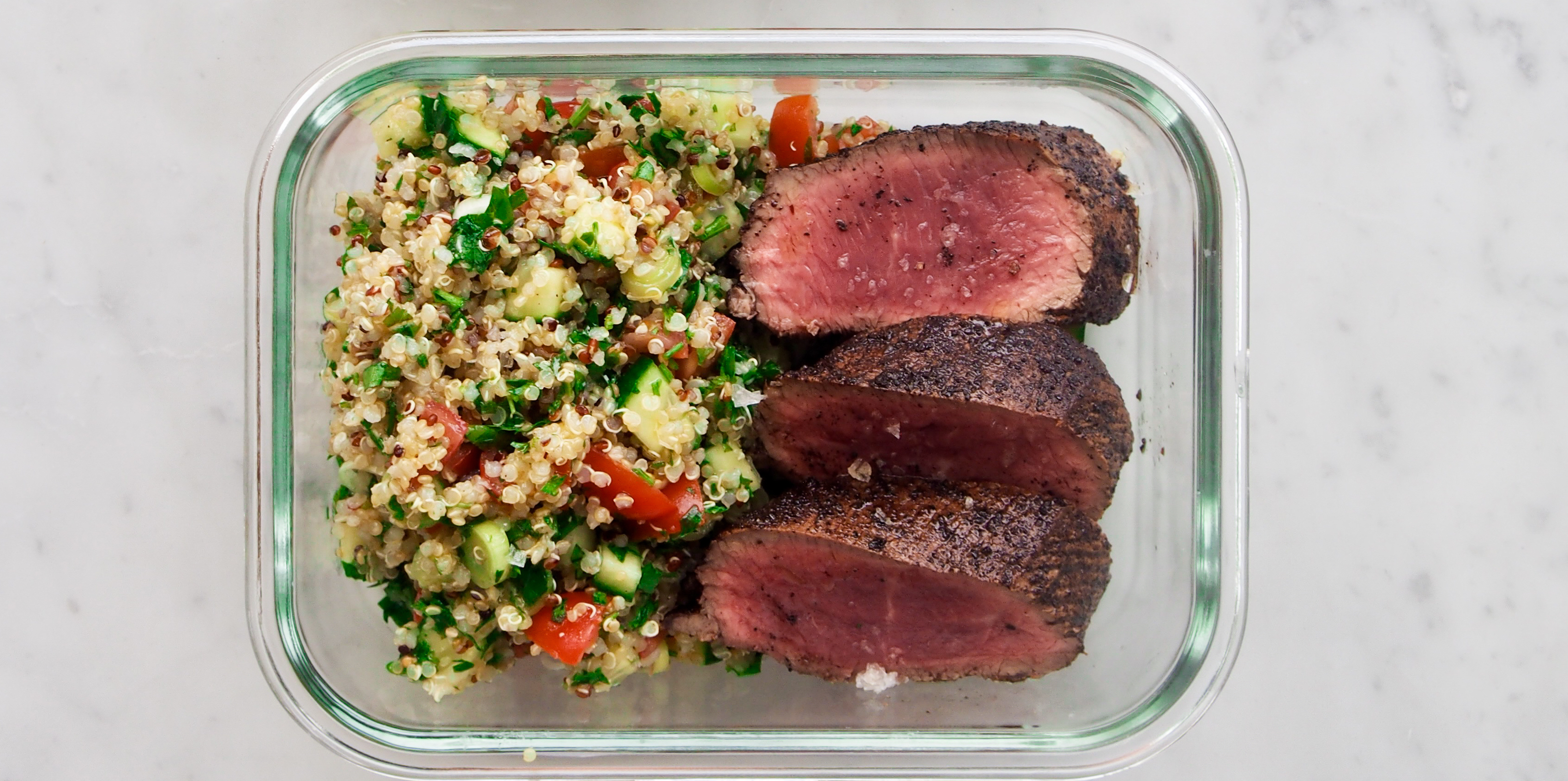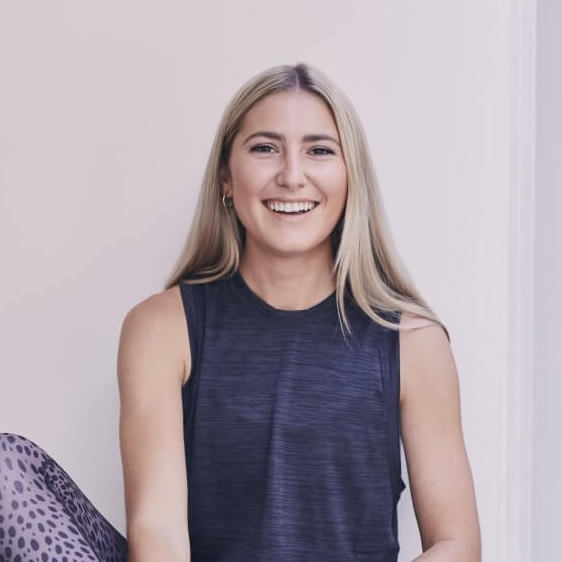The importance of iron for the female body
Never underestimate the importance of iron! It’s key to support your energy levels. Iron deficiency is the leading micronutrient deficiency worldwide and one of the most common nutrient insufficiencies in Australia, predominately affecting women, with 1 in 4 Aussie females being iron deficient compared to 1 in 30 men!
Let’s find out a little more about iron, iron deficiency and why it’s important for you to check in on your iron levels…
What is iron?
Iron is a key mineral that’s imperative for red blood cell production, with the iron in our blood carrying oxygen to every cell in your body allowing you to survive, thrive and feel energised! Iron is considered an ‘essential nutrient’ as our bodies can’t create it; therefore it’s ‘essential’ we get enough of it from our diet.
Where do you get iron from?
Iron is found in numerous animal and plant foods, with most people being able to meet requirements by eating a balanced diet, including all 5 food groups. It’s easier for our gut to absorb animal-based sources of iron compared to plant-based options, however spreading iron-rich foods across the day is ideal, irrespective of the source, for best absorption.
Animal-based iron-rich sources:
- Red meat; lamb, beef, kangaroo, pork and offal (liver and kidney are particularly high in easy-to-absorb iron!).
- White Meat; chicken, turkey.
- Seafood; fish, shellfish.
- Eggs.
(The redder the meat/fish, the higher in iron!)
Plant-based iron-rich sources:
- Wholegrains and fortified foods e.g., Weetabix, wholegrain bread, Milo, liquorice.
- Tofu and Tempeh.
- Legumes; lentils, kidney beans, chickpeas.
- Nuts and seeds, especially; cashews, pine nuts, pistachios and almonds.
- Green leafy vegetables; cooked spinach and silver beat, bok choy, green beans.
- Dried fruit; apricots (highest iron), prunes, sultanas.
Food’s high in Vitamin C, like fresh colourful fruits and vegetables, boost our body’s ability to absorb iron so be sure to enjoy lots of citrus, broccoli, berries and tomatoes! In contrast to some of the iron-rich vegetables listed above where cooking improves their iron bioavailability, colourful fruits and vegetables contain more vitamin C when eaten raw or not heated for too long.
To put it simply, when you consume enough iron rich foods, you are able to help maintain adequate iron levels that allow basic bodily functions (and in turn support your daily energy).
It is also important to note that there may be dietary factors that impact the body’s ability to absorb iron. These are called ‘iron blockers’ as they inhibit the absorption of non-haem iron, so it’s best to avoid eating or drinking the below foods at the same time as eating an iron-rich meal or snack, especially if you’re iron deficient.
Common iron blockers are; caffeine (tea, coffee), unprocessed bran, certain types of soy proteins and medications.
What happens when you don’t get enough iron?
Because iron is an essential nutrient, our body is surprisingly good at conserving and can be resourceful to prevent wasting it when it’s lacking from our diet. However, iron stores will slowly be depleted when you’re consistently not eating enough of it to meet daily requirements, leading to deficiency and then anaemia.
Symptoms of iron depletion isn’t easy to recognise at first as it occurs slowly, with people usually feeling a little more fatigued than normal but otherwise well. Symptoms become more obvious as low iron progresses to deficiency and then anaemia.
Typical symptoms of iron deficiency and anaemia are:
- Extreme weakness and tiredness.
- Headaches.
- Shortness of breath.
- Dizziness and feeling ‘light headed’ or off balanced.
- Irregular or rapid heartbeat.
- Poor temperature regulation; cold hands and feet.
- Sore and inflamed tongue.
- Pale or dull looking skin.
- Brittle nails and hair loss.
- Poor immunity and regularly getting sick e.g., viruses, the flu.
Why is iron so important for females?
Iron is extremely important for females because of monthly menstruation, as blood loss subsequently causes a loss of iron. Pregnancy and breastfeeding increase a woman’s daily
requirements even more as the growth and development of a healthy baby it takes up a lot of iron from mum’s stores!
Women of reproductive ages need over 2 x the amount of iron each day compared to men but are less likely to consume enough iron through their diet. This is due to females being more prone to; participating in fad diets and/or regular calorie restriction due to gender-specific societal ‘norms’ that glorify thinness, inadequate portion sizes of iron-rich foods, lack of public education on excessive vs normal menstrual bleeding, higher prevalence’s of digestive issues that reduce iron absorption (e.g., food intolerances, Coeliac disease, stomach ulcers), and popularity of vegan and vegetarian diets in females irrespective of diet culture.
Daily iron requirements:
- Boys 14-18 years old require 11mg
- Girls 14-18 years old require 18mg
- Males 19+ require 8mg
- Females 19-50 years old require 18mg
- Pregnant women require 27mg
- Females 50+ require 8mg
What should I do if I think I’m iron deficient?
If you’ve been resonating with the symptoms of deficiency, please don’t jump to conclusions and start taking iron supplements without seeing your doctor first! The symptoms of iron deficiency are common traits of many health conditions, especially haemochromatosis – the opposite of iron deficiency, iron overload. This is the top genetic disorder in Australia.
Haemochromatosis causes too much iron to be absorbed from food and when left unmanaged, can lead to liver and kidney damage, arthritis and death. If someone unknowingly had this genetic condition, self-diagnosed iron deficiency and started taking supplements, there’s pretty serious consequences at stake.
The only way to know if you’re deficient in iron is via a blood test which is a very easy process from speaking to your GP. A blood test can also tell you where you sit on the iron spectrum,
highlight underlying causes for poor iron absorption, as well as what type of iron supplement and dose you need to correct deficiency.
If you’ve been low in iron, have a history of reoccurring deficiency, or need support tackling your dietary iron needs, seek support for an accredited dietitian.
The KIC app is full of recipes to help support your iron intake. Here are our faves:
- Sumac Lamb with Quinoa Tabouli
- Steak with Mint Peas
- Spinach and Feta Muffins
- Meatball and Mozzarella Tray Bake
- Halloumi, Roast Pumpkin and Spinach Frittata
- Creamy Chicken Pasta
- Cheeseburger Sausage Rolls
- Weet-bix Overnight Oats
- Prawn & Mango Salad
- Green Barramundi Pasta
You might also like
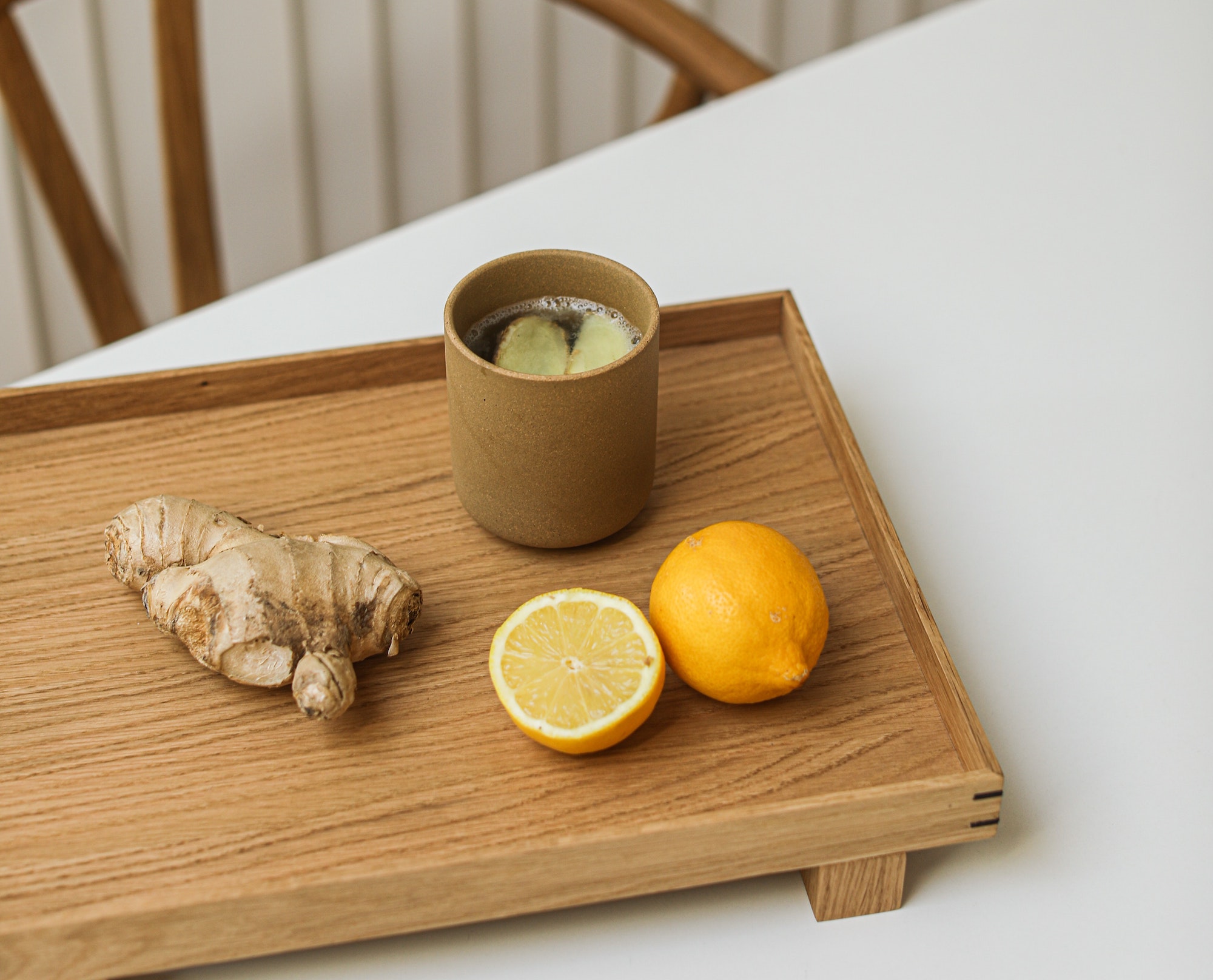
- Blog
- Nutrition
We’ve asked KIC’s resident dietitian, Liv Morrison for her advice on how we can keep our bodies nourished and satisfied in winter.
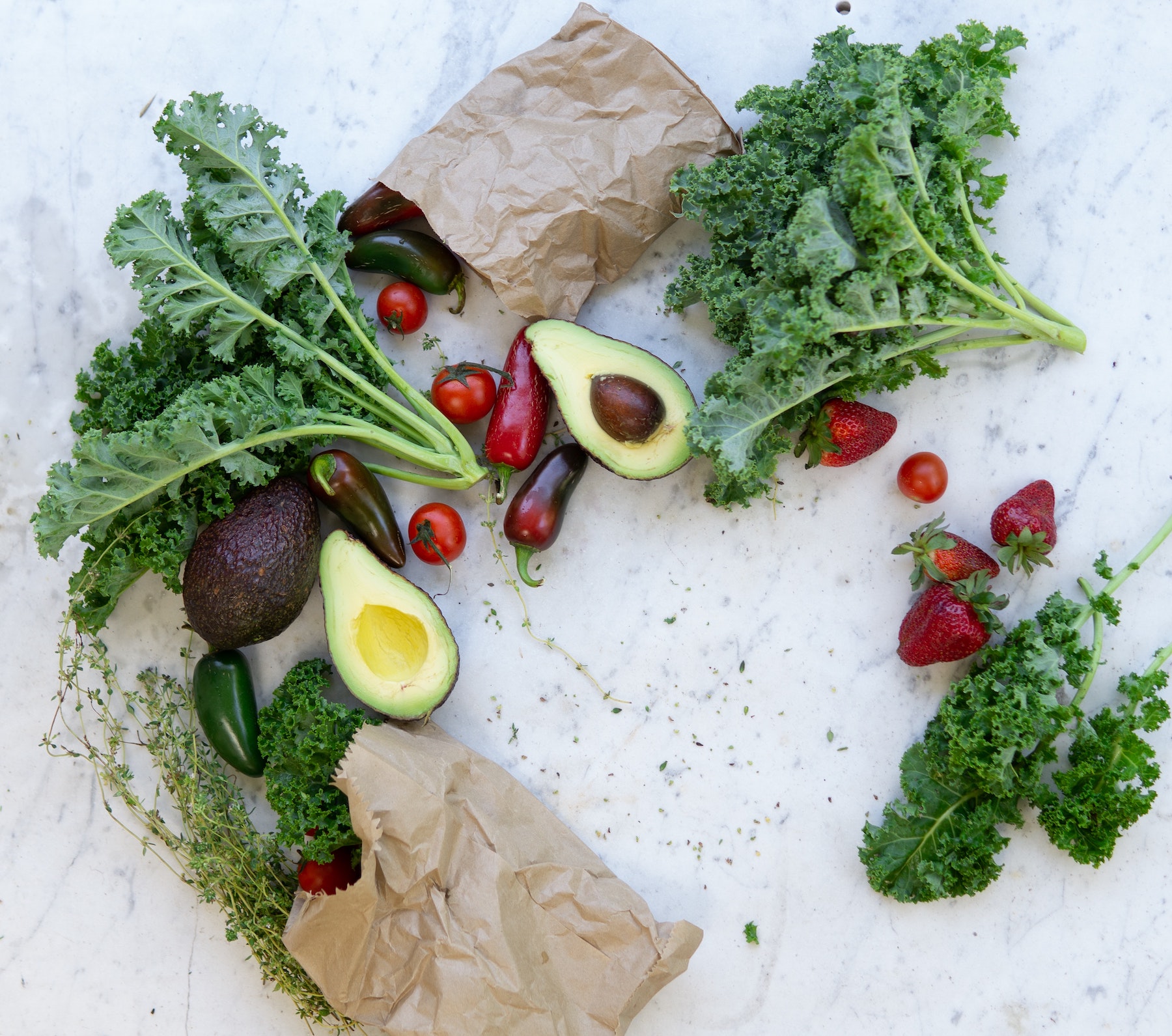
- Blog
- Nutrition
We’ve asked KIC’s resident dietitian, Liv Morrison for her advice on how we can best look after our bodies and eat well without breaking the bank.
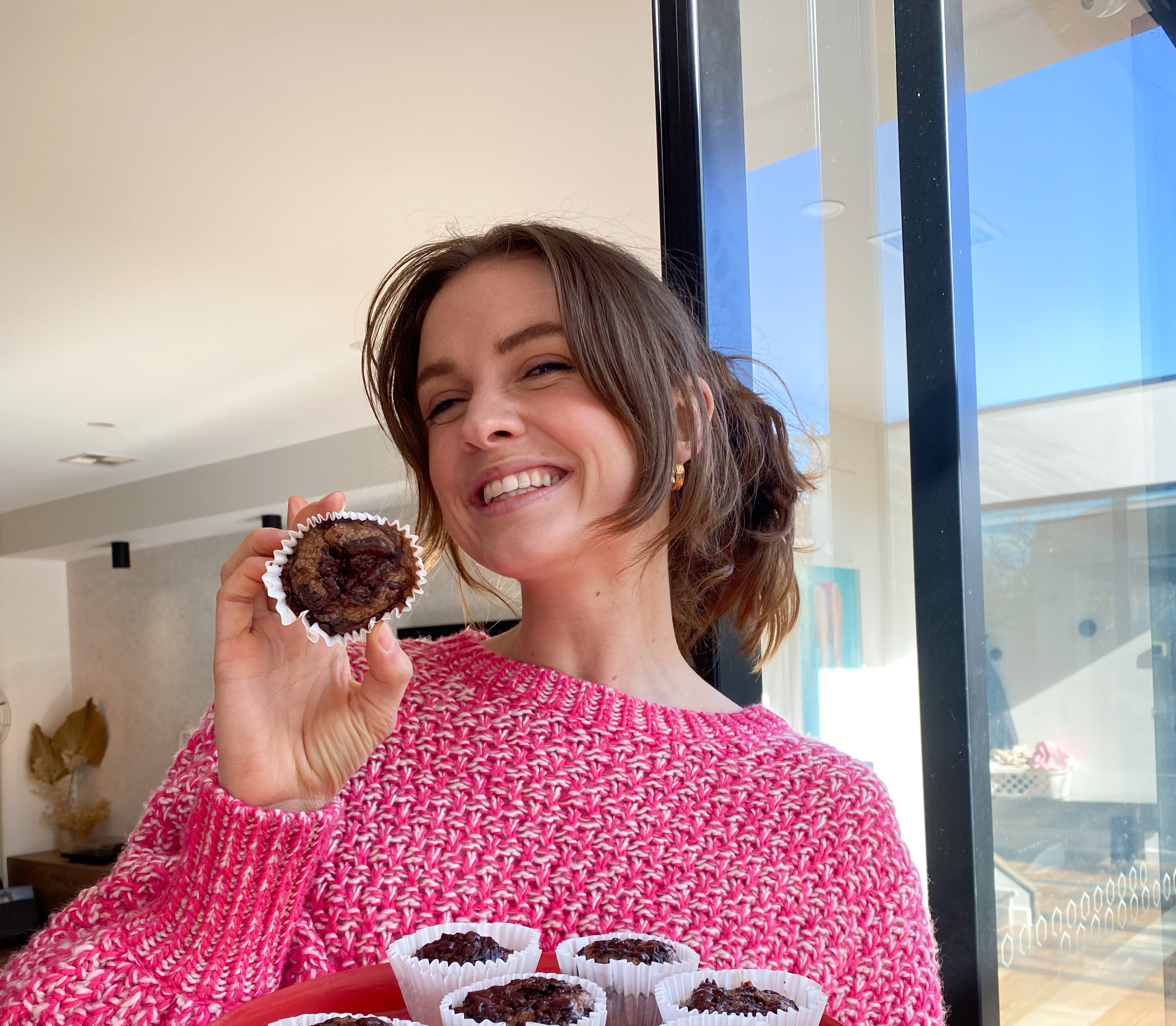
- Blog
- Nutrition
Kic’s resident dietitian, Liv Morrison has shared her advice on how we can overcome our food guilt and build a healthier relationship with food.

